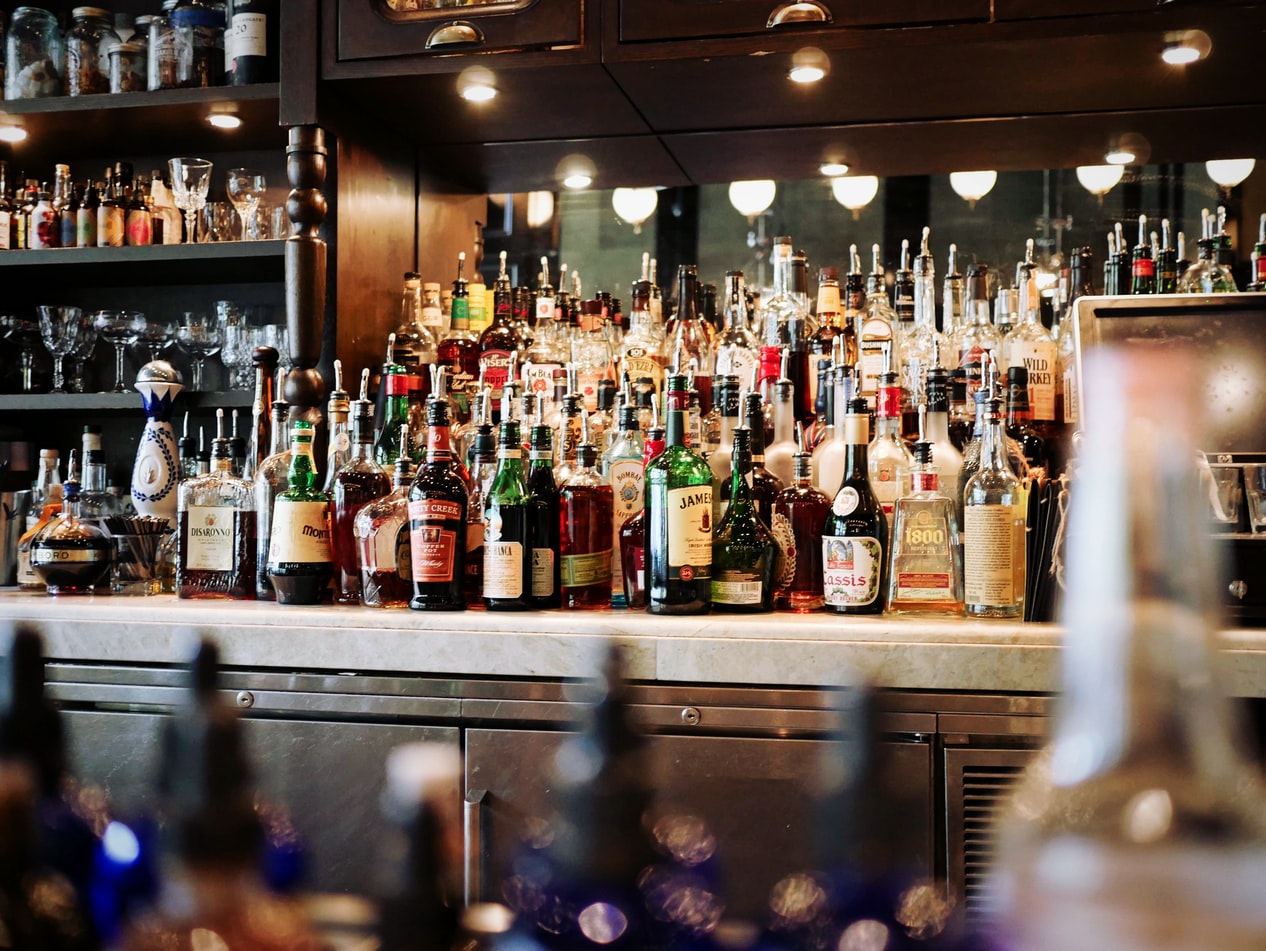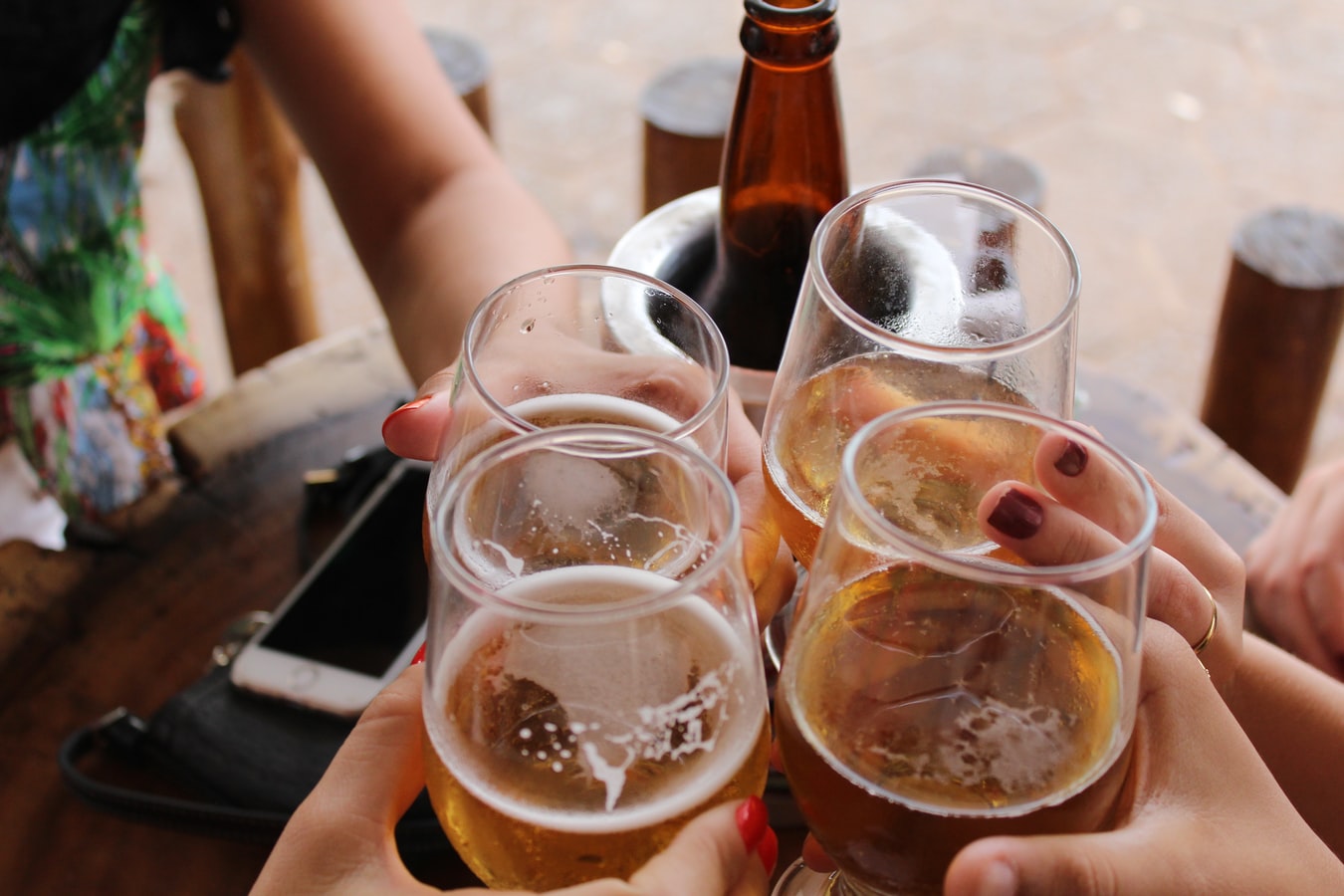Additional Consequences and Addressing College Drinking
Committing Criminal Activities
When a person is under the influence of alcohol, their behavior may be entirely different from when they are sober. This may even involve committing a crime, no matter how insignificant, that they wouldn’t commit in their right senses. Heavily intoxicated students often engage in acts of property damage, vandalism, driving under the influence, as well as other criminal activities. However, in some cases, alcohol-related crimes can be very serious and even put others in danger. Some of these harmful activities involve kidnapping, battery, and homicide. College students who commit crimes under the influence of alcohol can face legal punishments such as suspended license, probation, fines, and jail time.
Developing Health issues
The consequences of heavy drinking are not always immediate. It may take months, and even years before effects start to manifest. Close to 150,000 college students develop alcohol-related problems annually. These may include inflammation of the pancreas, liver damage, blood pressure, and other health complications. College students who indulge in frequent alcohol consumption face a higher risk of developing alcohol dependency later in their lives. Although alcoholism often results from years of drinking, it can also manifest during periods of frequent and heavy drinking in college. Poor drinking behaviors in college may lead to other issues in the future, such as alcoholism.
Addressing College Drinking
Ongoing research continues to make us more knowledgeable about how to address the costly and persistent challenge of underage and harmful college drinking. Successful efforts usually entail a mix of strategies targeting individual students, the student organization as a whole, and the wider college community.
Strategies Targeting Individual Students
Individual-level strategies target students, including freshman students who comprise the highest-risk students, mandated students, members of the Greek Organizations, and student-athletes. The interventions are designed to alter students’ attitudes, knowledge, and alcohol-related behavior so that they reduce their alcohol consumption, leading to lower risks and fewer harmful experiences. Examples of individual-level interventions include behavioral interventions by health professionals, cognitive-behavioral skills-based approaches, motivation, and feedback-related approaches, and education and awareness programs.
Strategies Targeting the Student Organization and Surrounding Community
This category of strategies targets the student body as a whole and the campus community. They are designed to alter the community and campus environments in which student drinking happens. One of the main goals of these activities is reducing the availability of alcohol. Research has shown that reducing the availability of alcohol reduces drinking as well as other harmful results on campuses and the general population.
Conclusion
College drinking is a serious issue that we need to address on our campuses. When left unchecked, college drinking can spiral out of control and lead to many devastating effects. Some of the consequences of college drinking include poor academic performance, physical and emotional injury, engaging in criminal activities, and severe health issues. Colleges who frequently engage in binge drinking are more likely to experience severe consequences than those who drink less often. Excessive alcohol consumption can render a person irrational and cause them to act in ways they wouldn’t if they were sober. To successfully tackle the issue of college drinking, we need to involve individual students, student organizations, and the community as a whole.…


